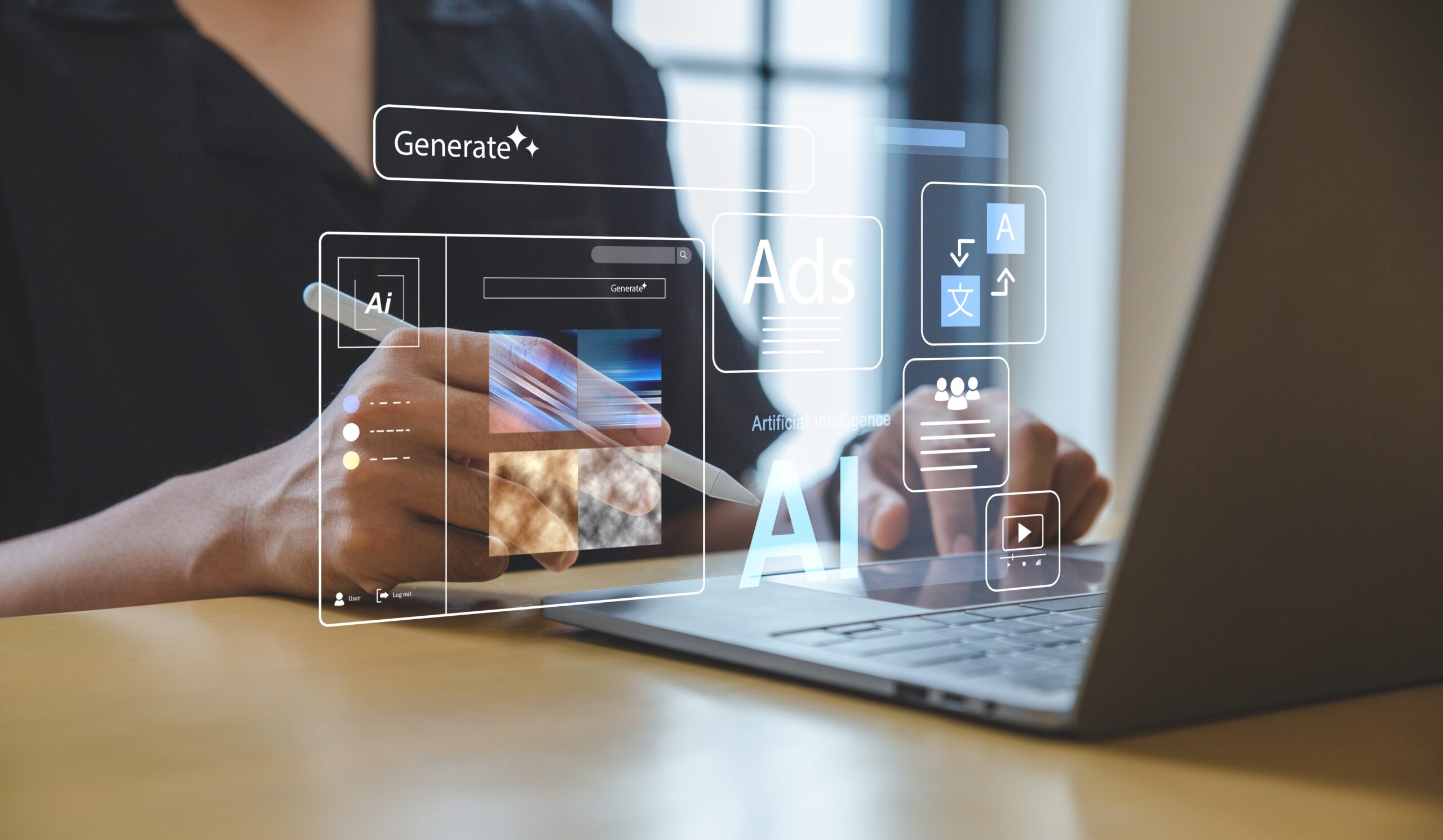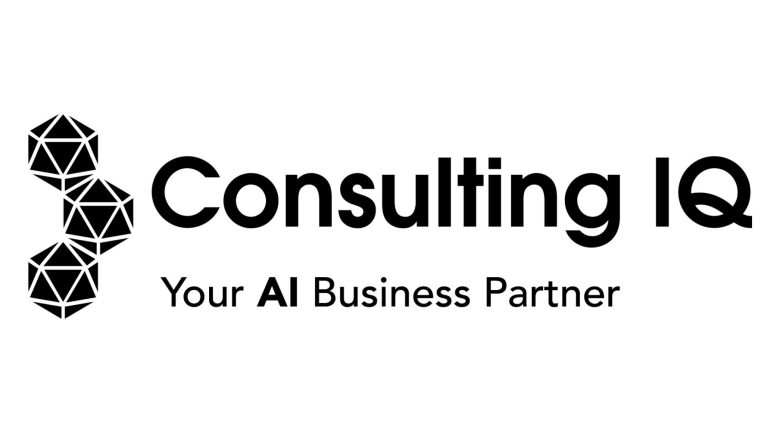Are you tired of guessing what your customers want? In today’s digital landscape, small businesses can harness the power of artificial intelligence to transform their marketing strategies. By 2025, AI-powered marketing tools have become more accessible and affordable than ever, allowing SMBs to compete with larger corporations on a level playing field.
The Power of Data-Driven Marketing
Data-driven marketing leverages AI to analyze vast amounts of customer data, providing insights that were once only available to big businesses with deep pockets. By implementing AI-driven strategies, small businesses can personalize their marketing efforts, optimize their campaigns, and make informed decisions based on real-time data.
Getting Started with AI Marketing Tools
To begin your journey into AI-powered marketing, consider these essential steps:
Assess Your Current Data Infrastructure: Before diving into AI tools, ensure you have a solid foundation of customer data. This may include website analytics, CRM data, and social media insights.
Choose the Right AI Tools: Select AI marketing tools that align with your business goals. Popular options include HubSpot AI for comprehensive marketing and sales support, and Brand24 for social media monitoring and sentiment analysis.
Implement Predictive Analytics: Use AI to forecast customer behavior and market trends. Tools like Google Analytics with AI capabilities can provide valuable predictive insights, helping you stay ahead of the curve.
Personalize Customer Experiences: Leverage AI to create tailored marketing messages and product recommendations. Platforms like Mailchimp offer AI-powered email personalization that can increase revenue by up to 41%.
Optimize Content Creation: AI tools can help generate engaging content and optimize it for search engines. Consider using AI-powered content creation tools to streamline your content marketing efforts.
Automate Social Media Management: Use AI to schedule posts, analyze engagement, and identify trending topics. This automation can save time and improve the effectiveness of your social media campaigns.
Enhance Customer Service: Implement AI chatbots to provide 24/7 customer support, handling common queries and freeing up your team to focus on more complex issues.
Analyze and Iterate: Continuously monitor the performance of your AI-driven campaigns using tools like Google Analytics. Use the insights gained to refine your strategies and improve results over time.
Overcoming Challenges
While AI offers numerous benefits, small businesses may face challenges in implementation. These can include technical barriers, data privacy concerns, and the need for ongoing adaptation. However, the potential benefits of AI in driving innovation and business success far outweigh these difficulties.
Looking to the Future
As we move further into 2025, emerging trends in AI marketing are set to revolutionize the industry even further. Voice search optimization, conversational AI, hyper-personalization, and advanced predictive analytics are just a few areas where small businesses can expect to see significant advancements.
By embracing AI-driven marketing strategies, small businesses can unlock new levels of efficiency, customer engagement, and growth. The key is to start small, focus on areas where AI can provide immediate value, and gradually expand your use of these powerful tools. With the right approach, even the smallest businesses can harness the power of AI to create marketing campaigns that rival those of much larger competitors.
Remember, the goal of implementing AI in your marketing strategy is not to replace human creativity and intuition, but to enhance it. By combining the power of AI with your unique understanding of your business and customers, you can create a marketing approach that is both data-driven and authentically human. As you continue to explore and implement AI-driven marketing strategies, you’ll be well-positioned to thrive in the increasingly digital marketplace of 2025 and beyond.




